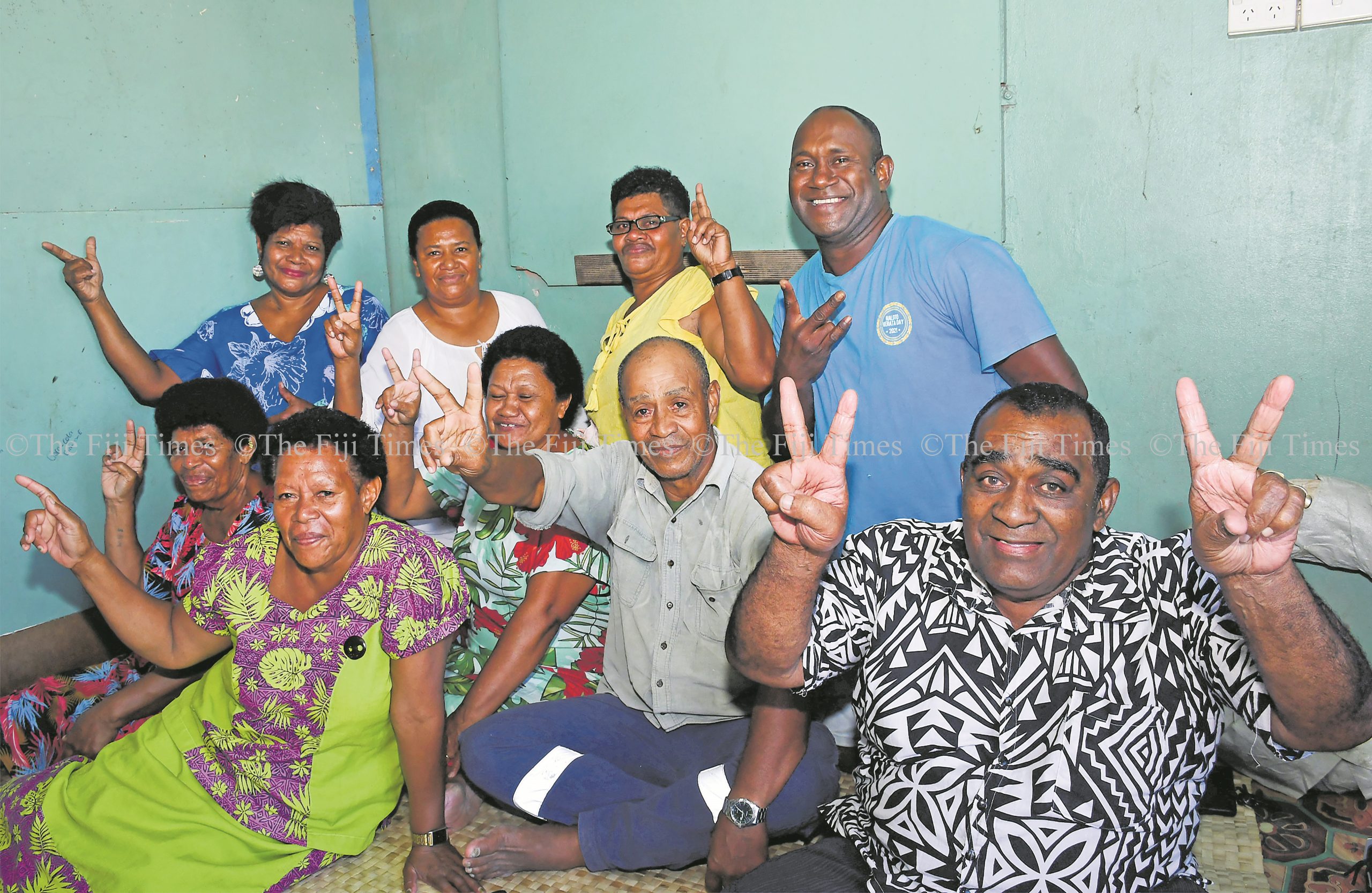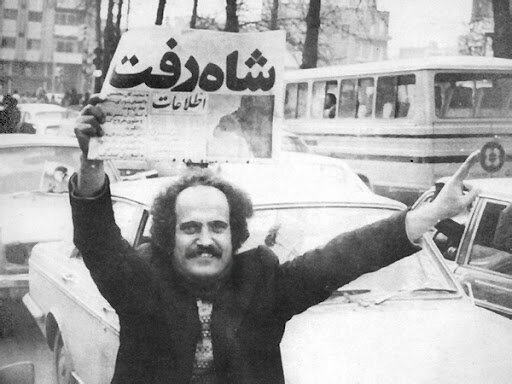
It was one of the biggest achievements for the Fiji Trades Union Congress (FTUC) in 2024. Even though it came late, the 368 workers of Vatukoula gold mines who went on strike on February 27, 1991, and the deceased miners’ next of kin are finally happy. The workers were members of the Fiji Mine Workers Union.
Employed by the then owners of the mine, Emperor Gold Mining Company Ltd, the workers stood in solidarity in their fight for justice. But what could have been resolved much earlier dragged on for 33 years, mainly because of the lack of commitment by successive governments that came and went. The strike is known by the International Labour Organization (ILO) as the longest in the world.

It was not until the Coalition Government came into power in December 2022 that negotiations with FTUC started, with the view to finally resolve the dispute. Negotiations between the Government and FTUC continued until mid 2024, resulting in the final dispute resolution. “We were at it for years,” said FTUC national secretary, Felix Anthony.
“We welcome the final resolution of the Vatukoula gold mine strike and the Coalition Government’s positive decision. “Despite the previous government giving assurances to the ILO, it did not do anything to resolve the dispute. “We negotiated with the Government on behalf of the mine workers, in consultation with their representative union, to reach the final dispute resolution.
“FTUC would like to pay tribute to workers who persevered during the 33-year long strike.” Of the 368 workers who went on strike in 1991, 177 passed away while waiting for justice. “Currently, we have the Legal Aid Commission to help get the probates out before money can be disbursed to the deceased miners’ next of kin,” said Mr Anthony.
“But, no amount of money will ever really compensate for the struggles and hardships these workers and their families have gone through. “I thank the Coalition Government for recognising the struggles of these workers and their families,” he said. The miners will receive $25,000 each as compensation.
The first tranche of $10,000 has already been paid out and $15,000 is scheduled for the 2025-2026 National Budget announcement. During the handover of the cheque in October 2024, Prime Minister Sitiveni Rabuka said the impact of the strike had been profound, adding that it devastated the lives and livelihoods of countless miners and their families. Mr Rabuka thanked Mr Anthony for his support and collaboration with the Government in bringing the major injustices inflicted on the mine workers for many years to an end.
“I also understand that our Coalition Government’s commitment to settle this longest dispute will enable ILO to remove Fiji’s name from their records and further strengthen our relationship,” he said. He also gave assurance that Government would continue to promote decent work and social justice, and ensure that workers rights were well protected at all times. The Minister for Employment, Productivity & Workplace Relations, Agni Deo Singh, and Finance Minister Professor Biman Prasad have also expressed their gratitude to Mr Anthony.
ILO Office for Pacific Island Countries director Martin Wandera congratulated Mr Anthony for successfully negotiating the compensation payment to the 368 workers who had sought justice since 1991. “This success is a true testament of the power of unions and your steadfast leadership. “We hope that this achievement will send a reminder to workers that joining unions is the best way of fighting for collective rights,” said Mr Wandera in an e-mail to FTUC at the end of the negotiations.
In May 2024, 168 workers of FIJI Water in Lautoka and Rakiraki, who are members of the National Union of Workers (NUW), which is an affiliate of FTUC, went on strike. After two days of negotiations with the company, the union’s demands were met in full and the protesting workers returned to work 10 days later. Other major achievements of the FTUC in 2024 include the conclusion of the Tripartite Labour Law Review.
The rejuvenation of the Tripartite Forum has also seen FTUC being represented in three advisory boards of the Ministry of Employment, Productivity and Workplace Relations. These are the Employment Relations Advisory Board (ERAB), National Occupational Health and Safety Advisory Board (NOHSAB) and the National Employment Centre (NEC). Mr Anthony said FTUC had been actively trying to bring changes to the employment law to align with the recommendations of the ILO Committee of Experts on Application of Conventions and Recommendations ( CEACR).
“In our quest to uplift the standards of workers, we embarked on the National Minimum Wage Campaign of $4 an hour in 2015 and then $5 hour Wage Campaign in 2024. “The Coalition Government responded by increasing the National Minimum Wage to $4.50 an hour which will be raised to $5 in 2025,” he said.
“FTUC also launched a campaign to move towards a Living Wage to ensure that wages are sufficient for a decent living standard for a worker. “There was also the union rebuilding process, resulting in an increase in membership.” Mr Anthony said hotel workers were reorganised as most of them had started work when things normalised after the COVID-19 pandemic, and mine workers were also organised.
He said collective agreements were also signed between unions affiliated to FTUC and employers which include the Water Authority of Fiji, Land Transport Authority, Wormald Security and Smart Security. In early December, NUW entered into an agreement with the Fiji Pine Group of Companies that would see the wages of workers increase by 19 to 40 per cent among other things. The Construction Energy & Timber Workers Union of Fiji (CETWUF) also signed a Collective Agreement with Amex Resources Fiji Ltd.
“Also, under the Pacific Australia Labour Mobility (PALM) Scheme, FTUC collaborates with Australian trade unions to protect Fijian workers from exploitation,” said Mr Anthony. Going back to 2023, an agreement was reached between Federated Airline Staff Association (FASA) and Air Terminal Services after three years of negotiations for the reinstatement of 265 workers laid-off during the COVID-19 pandemic. Also in 2023, the pressure from unions resulted in the Government intervening and Fiji Airways agreeing to reinstate about 240 workers who were also laid-off during the pandemic.
FTUC continues to play a significant role internationally with its executive officer, Jotika Sharma being elected as the International Trade Union Confederation-Asia Pacific (ITUC-AP) Women’s Committee chairperson and ITUC Global Women’s Committee chairperson. Mr Anthony was re-elected as president of ITUC-AP at the ITUC-AP General Conference in November 2023 for the third consecutive term. He was first elected ato the position in 2015 for a four-year term.
“FTUC also remains very much active in ILO activities,” Mr Anthony said..















